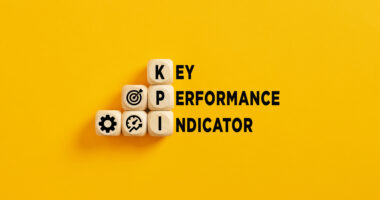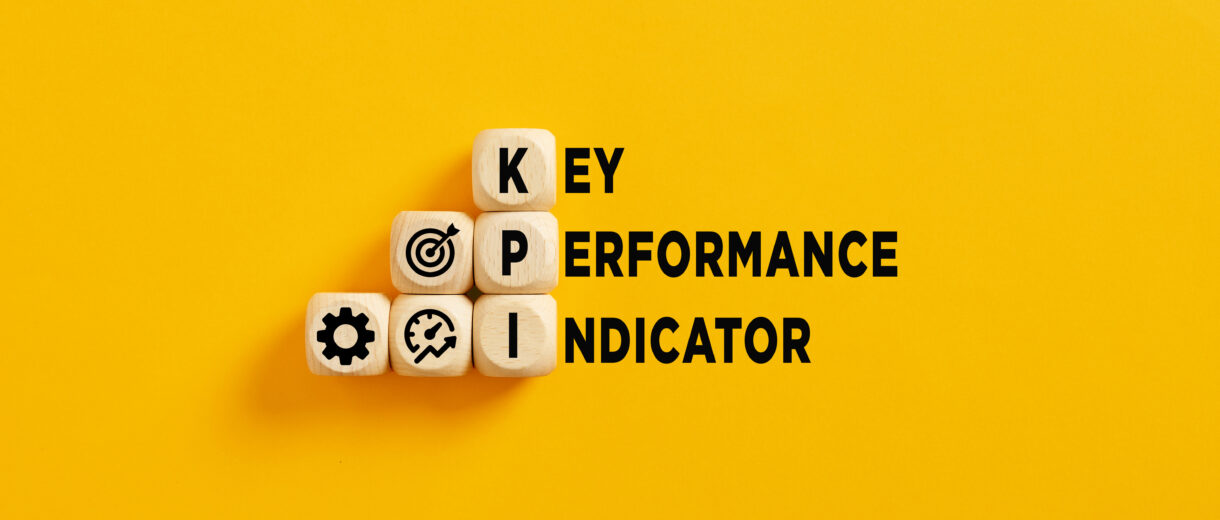What should we be considering when we think about our own performance as internal audit teams? What measures, metrics or key performance indicators (KPIs) should we consider? What could an internal audit Balanced Scorecard look like?
Course Description
Organisational performance management is vitally important and can provide early indication of success and warning of potential failure.
And our Global Internal Audit Standards ™ have set a new obligation for us. Standard 12.2, Performance Measurement states that “The chief audit executive must develop objectives to evaluate the internal audit function’s performance. The chief audit executive must consider the input and expectations of the board and senior management when developing the performance objectives. The chief audit executive must develop a performance measurement methodology to assess progress toward achieving the function’s objectives and to promote the continuous improvement of the internal audit function”.
But what should we be considering when we think about our own performance as internal audit teams? What measures, metrics or key performance indicators (KPIs) should we consider?
What could an internal audit Balanced Scorecard look like?
Internal audit should be outcome-driven, advising on emerging risk, promoting behavioural change and informing strategic decisions. Yet it’s commonplace for our performance measures to be input-based or focus, to excess, on our own internal processes and tasks.
This interactive course will look at the typical performance measures used by audit leaders and ask if they are adding any value to our stakeholders.
It will help you assess your own team’s performance measures and offer you a range of ideas to – potentially – help you rethink and redesign your team’s approach in this critical area and better meet stakeholder expectations.
Who should attend?
Chief audit executives, internal audit managers and senior internal auditors who are thinking about how best to measure the performance, success and added value of their internal audit service.
It is particularly relevant for those wanting to review, critique and refine their own KPIs and those considering alternative ways of assessing their performance and impact on their organisation.
Outline Course Programme
This course will take you through a blend of theoretical, technical, discursive and practical approaches covering:
- a brief refresher covering performance measurement and management
- quality assurance and improvement
- typical internal audit performance measures
- the challenges associated with traditional internal audit performance measures
- quantity, quality, cost and time measures
- the balanced scorecard
- what gets measured gets done
- managing the risks
- bringing your stakeholders with you
- measuring what matters most
The course includes facilitator input, short practical discussions and a small number of task-based exercises to encourage you to review, develop and – potentially – improve your internal audit performance measures, metrics or KPIs.
IIA Global core competencies covered
- Internal audit strategic planning and management
- Audit plan and coordinating assurance efforts
- Quality Assurance and Improvement Program
CPE
You will receive 7 CPE’s for CIA, CRMA and Diplomert internrevisor for attending this course.
Tutor Biography
John Chesshire, CFIIA, QIAL, CRMA, CIA, CISA, has over 25 years’ experience working in the internal audit, risk management, business improvement and governance fields. John is a Fellow of the Chartered Institute in the UK, an Independent Internal Audit Committee Chair, a member of three other Audit Committees in the international charity, defence and local government sectors, and was Chief Assurance Officer for the States of Guernsey until the start of 2021. John is currently the internal auditor for an international credit ratings agency.
He has delivered many well-received courses to IIA Luxembourg in the past, as well as to many other European Institutes of Internal Auditors. His other recent clients include FTSE listed companies, multinationals, central and local government, law enforcement, charities, professional services companies, and international organisations such as NATO, the OECD, the ACCA, and UN Agencies. He is a principal examiner for the Institute of Risk Management and has been a visiting lecturer in the Governance and Assurance Hub at Birmingham City University.
John loves internal audit, is a great friend of IIA Norway and particularly enjoys working in new and emerging areas of assurance interest.





